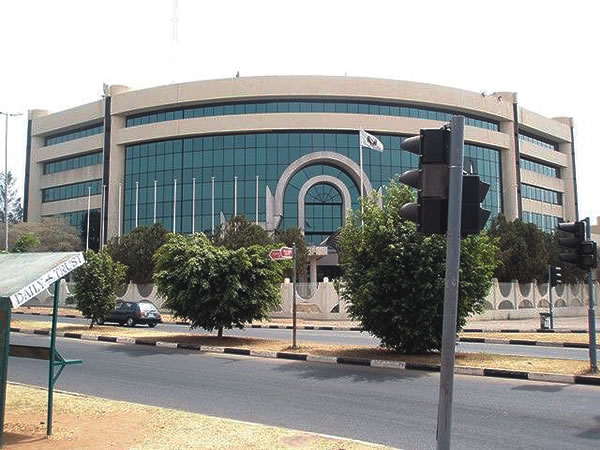The Economic Community of West African States (ECOWAS) is grappling with a significant challenge to its regional integration project following the withdrawal of Mali, Niger, and Burkina Faso from the bloc. These three Sahelian nations, now under military rule, have triggered a complex process of institutional and programmatic disentanglement, forcing ECOWAS to relocate its agencies and reassess its operational footprint across the region. This unprecedented situation has prompted an urgent response from the regional body, culminating in an Extraordinary Session of the ECOWAS Council of Ministers held in Accra, Ghana, to formulate a comprehensive strategy for managing the departure of these member states and mitigating the impact on ongoing regional programs.
The Accra meeting, convened under the directive of the ECOWAS Authority of Heads of State and Government, served as a platform for high-level discussions on the logistical and operational implications of the withdrawal. Nigeria’s Foreign Affairs Minister, Ambassador Yusuf Tuggar, who chairs the ECOWAS Council of Ministers, set the tone for the session, emphasizing the need for a pragmatic and unified approach to navigating this “difficult chapter in ECOWAS’s history.” While acknowledging the sovereignty of the three nations under their current military governments, Tuggar stressed the importance of adapting to the new reality and charting a forward-looking path that safeguards the interests of the remaining member states and preserves the overarching goals of regional integration.
A key focus of the deliberations was the development of a disengagement framework, including the relocation of ECOWAS institutions presently based in the exiting countries. This complex undertaking involves identifying suitable alternative host countries, transferring personnel and assets, and ensuring the continuity of essential services. The process requires careful planning and coordination to minimize disruption to critical regional programs relating to security, economic development, and cross-border mobility. The Council of Ministers tasked various technical committees with developing detailed memoranda outlining specific relocation plans for each affected institution and agency, taking into account the unique operational requirements and mandates of each entity.
The relocation of ECOWAS institutions represents a logistical challenge with significant financial and administrative implications. The process involves not only the physical transfer of offices and equipment but also the potential redeployment of personnel and the adaptation of existing programs to the new operational context. The council’s deliberations focused on identifying viable alternative locations that offer the necessary infrastructure, political stability, and logistical support to ensure the seamless continuation of ECOWAS operations. The selection of new host countries will require careful consideration of various factors, including geographical accessibility, security considerations, and the willingness of member states to accommodate the relocated institutions.
Beyond the logistical hurdles, the withdrawal of Mali, Niger, and Burkina Faso poses a broader strategic challenge to ECOWAS. These three countries represent a significant portion of the West African landmass and play a vital role in regional security and economic development. Their departure creates a gap in the regional integration framework, potentially weakening cross-border cooperation and hindering the free movement of people, goods, and services. The council’s discussions also addressed the need for a comprehensive reassessment of ECOWAS programs and initiatives operating in the affected countries. This includes identifying programs that can be transitioned to alternative locations or implemented through partnerships with other regional organizations.
While acknowledging the unprecedented nature of the situation, Tuggar reaffirmed ECOWAS’s commitment to regional integration and highlighted the bloc’s enduring legacy as Africa’s most integrated sub-regional body. He underscored the importance of viewing the current challenges as an opportunity to renew and strengthen the organization’s resolve. Drawing parallels to past trials, he expressed confidence in the bloc’s ability to overcome adversity and emerge stronger, reiterating the importance of unity and collective action in navigating the path forward. The council’s continuing deliberations in the coming days are expected to culminate in the approval of a comprehensive action plan for relocation and realignment, setting the stage for a new chapter in ECOWAS’s history. This plan will define the organization’s future operational structure and outline its strategic priorities in the evolving West African geopolitical landscape.


